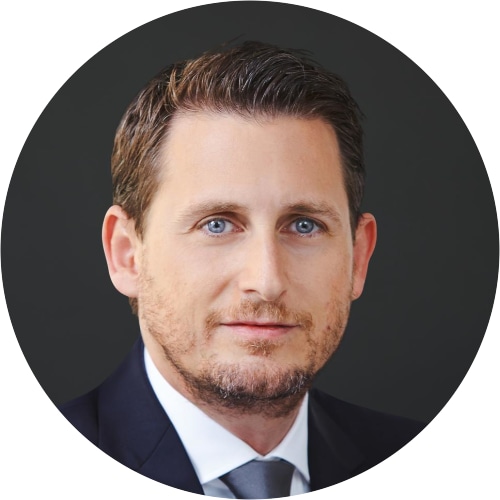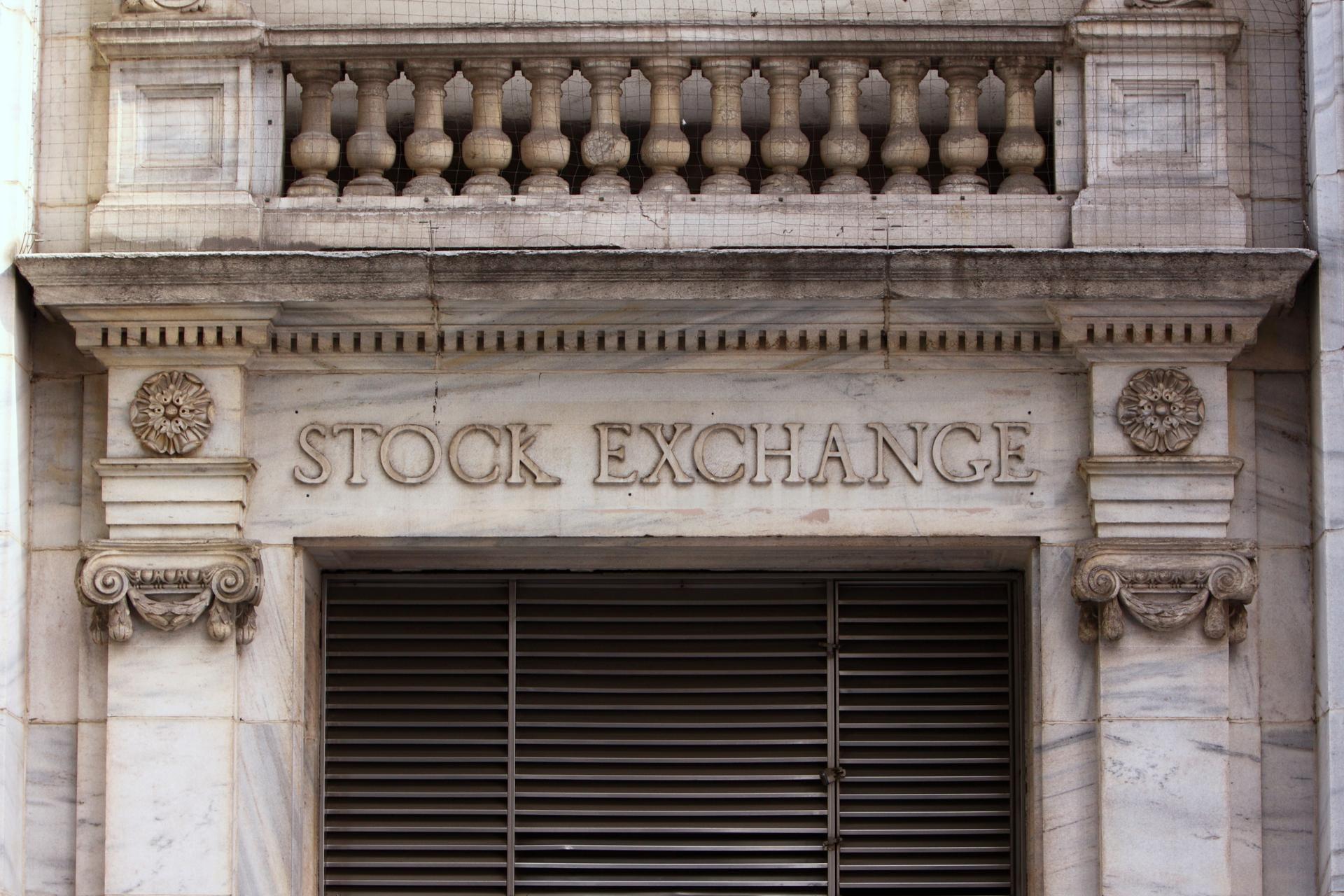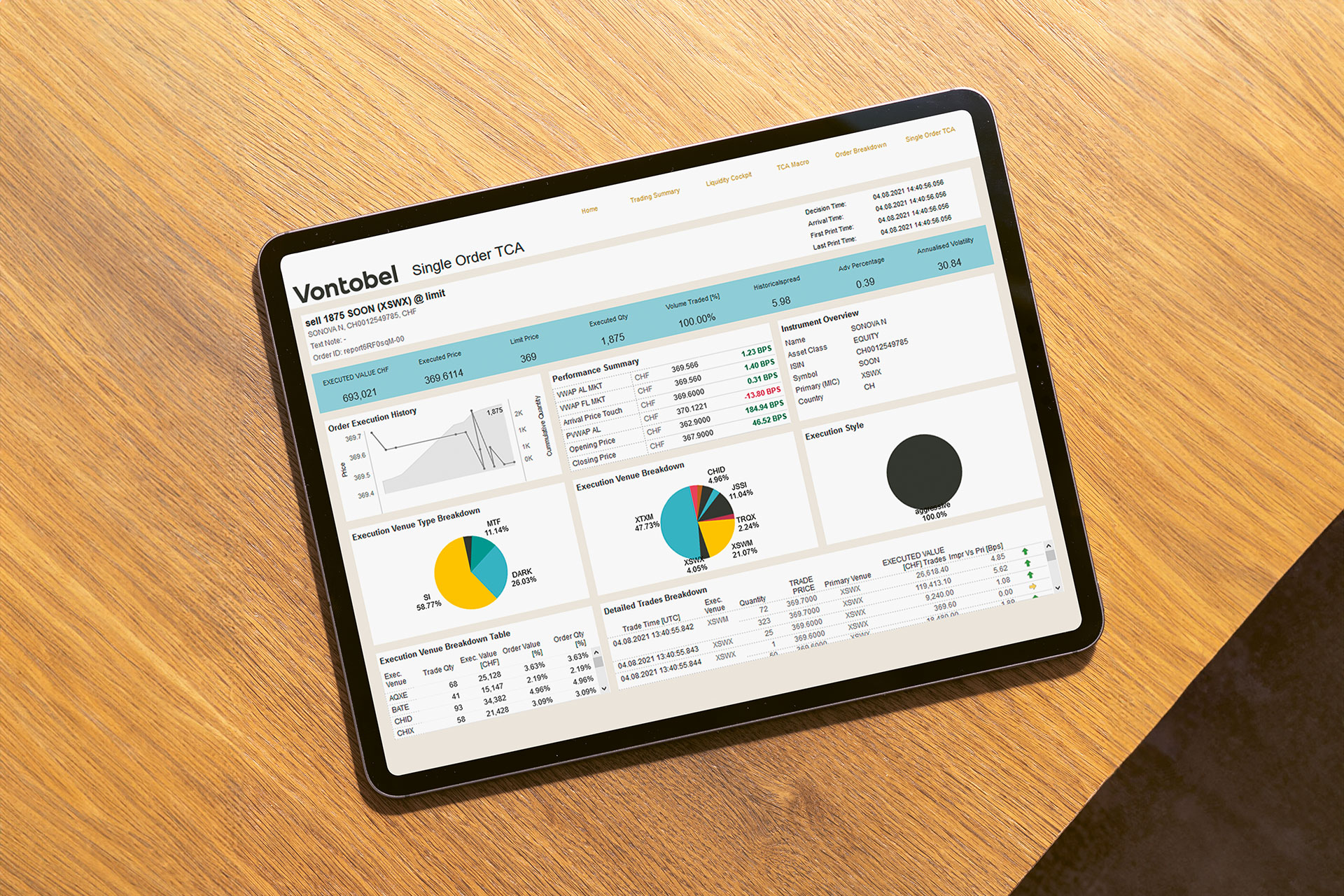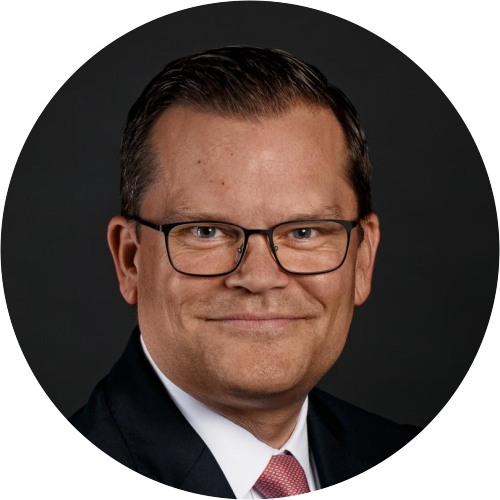
Vontobel @ TradeTech 2024
Published on 26.04.2024 CEST
Our Transaction Banking team attended the recent TradeTech event in Paris which provided valuable insights into the current state and future trends of the trading industry. The event covered a wide range of topics, from macroeconomic trends to technological advancements, and offered a platform for industry professionals to exchange ideas and perspectives.
One of the key takeaways from TradeTech was the expected increase in trading volumes due to upcoming elections, with 45% of the world population at the polls. This growth in trading activity presents both opportunities and challenges for market participants. Furthermore, while some believe that globalization is reaching its peak and may gradually slow down in the coming years, others highlight concerns around inflation and demographic factors.
Despite the rise of passive investing, there is a growing opinion among participants that active investing will benefit in this environment. However, active investment poses challenges, particularly in terms of the lack of coverage of single stocks caused by unbundling regulations. It is essential for investors to be well-informed about fundamental aspects of companies to avoid overpriced assets.
At TradeTech 2024, topics such as artificial intelligence and machine learning were identified as areas of focus. While these technologies hold promise, their truly beneficial use cases are still being explored. Efficiency and automation, as well as mass customization of services, were seen as areas with significant potential. Examples include streamlining the client journey, meeting preparation, contract management, onboarding processes, and creating alpha for investors.
Finding liquidity was a recurring theme at the event, although I personally believe that Vontobel already has sufficient access to meet client liquidity needs through a large pool of systematic internalisers, dark pools and various other access options. Competition among venues can be beneficial for the cost of execution, but it also presents challenges in terms of membership and market data expenses as well as the need to build knowledge to maintain an effective execution framework.
Consolidated tapes, particularly in the bond market, was of high priority to the speakers. It is advised to stay on top of the situation regarding this topic. Lack of coordination in regulation among European regulators remains one of the biggest problems in the industry. While the United States has made some simplifications to financial market regulations and processes, such adjustments are yet to take place in the European Union where sometimes proper coordination of rules for cross-border frameworks are lacking. Collaboration with regulatory bodies and subject matter experts on a compliance, cross-border, and legal basis is a potential solution to simplify access, regulatory processes, and maintain competitiveness in a global perspective.
«It is crucial to carefully consider settlement costs and explore options to optimize settlement logics and netting processes. Significant cost savings may be achieved by addressing these areas.»
Matthias Schiesser
Head of Distribution Electronic Trading Solutions
Another issue raised at TradeTech was the high costs of settlements in Europe, which can be up to five times higher than in the United States. It is crucial to carefully consider settlement costs and explore options to optimize settlement logics and netting processes. Significant cost savings may be achieved by addressing these areas.
The differing expectations of professional investors and retail investors regarding trading hours were also discussed. While professional investors seek shorter trading hours, retail investors, influenced by the accessibility of cryptocurrencies like Bitcoin, expect to trade 24/7 at little to no cost. This creates a tension and potential liquidity challenges over time. Venue toxicity in the large-in-scale trading segment was attributed to fragmented markets. Implementing improved reporting standards and partnering with electronic liquidity providers (ELPs) were suggested solutions for medium-sized brokers.
Regarding technology trends, there was a consensus among participants that execution management systems (EMS) and order management systems (OMS) should be bought rather than built. Building such systems in-house may result in outdated solutions that quickly become obsolete. Furthermore, the limitations of spreadsheet solutions were highlighted, with comparisons made to fast food - a quick solution but not sustainable in the long run. Cloud solutions, visualization tools, and automated processes were emphasized as priorities for efficient and future-proof operations.
To address the challenges of the future, it is essential for managers to create an environment that encourages the use and growth of technological and analytical tools. The industry is undergoing significant changes, and attracting and retaining top talent will require a focus on empowering, educating, and explaining the importance of tech skills such as AI, machine learning, Python, and other emerging tools. Senior traders will leave the industry in the coming years due to demographic changes and efficiency programs, making investments in the right tools and people crucial for staying ahead.
Other topics discussed at TradeTech included bilateral trading facilitated by companies such as Appital and alike, which are expected to have a significant impact on high-touch sales trading and put pressure on commission rates for block trading.
In conclusion, TradeTech provided valuable insights into the current state and future trends of the trading industry. From macroeconomic trends to technological advancements, the event covered a wide range of topics that will shape the industry in the coming years. It is crucial for market participants to adapt to these changes, collaborate with regulatory bodies, invest in the right tools and talents to remain competitive.
It all starts with a personal conversation
Published on 26.04.2024 CEST
ABOUT THE AUTHORS
 Show more articles
Show more articlesMatthias Schiesser
Head of Distribution Electronic Trading Solutions
Matthias Schiesser heads the Electronic Trading Solutions department in the Transaction Banking unit at Vontobel. He is responsible for the distribution of Vontobel’s low-touch trading platform, custodian services, FX products and the Trading Analytics Platform™ (TAP). His three teams—Innovation Hub, Relationships and Salestrading—cover 150 institutional clients in Switzerland and abroad.




